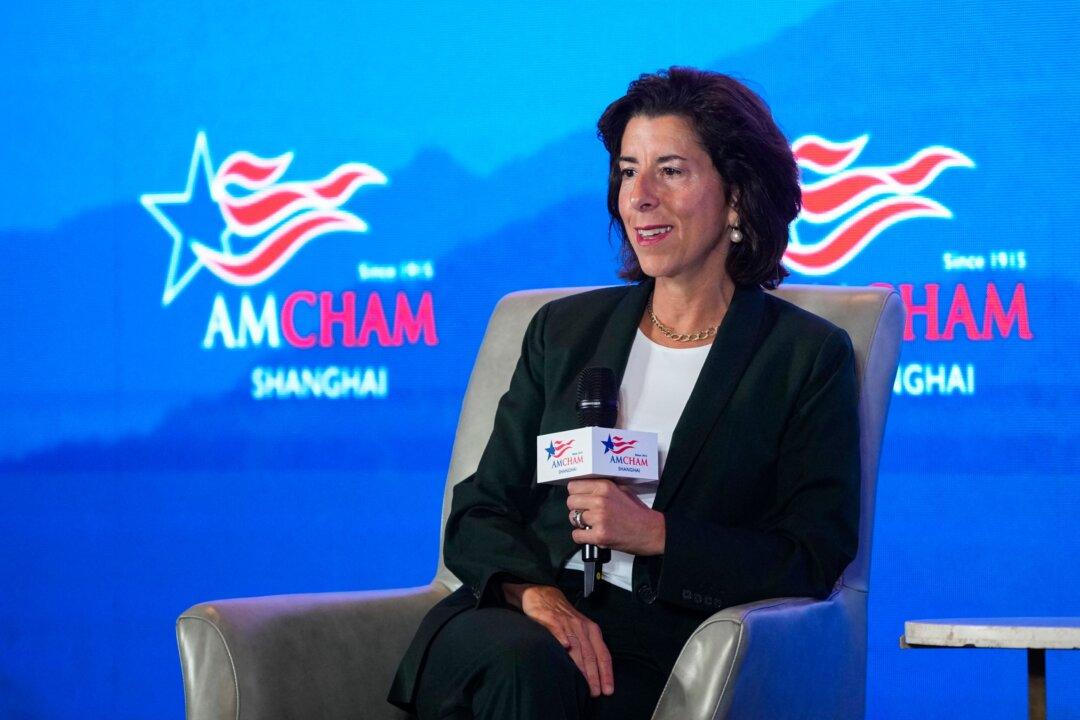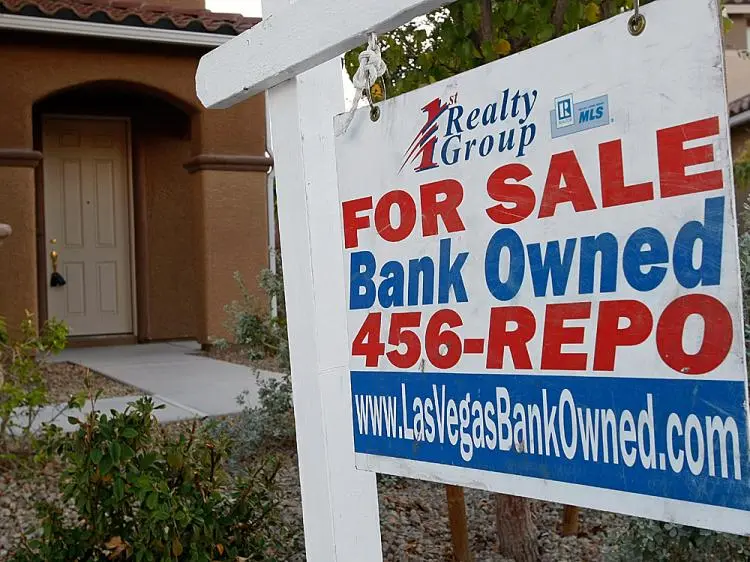U.S. Commerce Secretary Gina Raimondo admitted there were “legitimate concerns” about Chinese investments in the United States and insisted that the Biden administration “will not compromise” on China-related semiconductor restrictions.
“We have to be real about those concerns,” Ms. Raimondo said in an interview with CNN. “So to the extent that Chinese investors, buying farmland, buying U.S. businesses, erodes our national security, then we should stop it.” Though a certain amount of investment is good for commerce, the Biden administration is being “vigilant about not allowing Chinese investment in the U.S. that we think hurts our national security,” she added.





